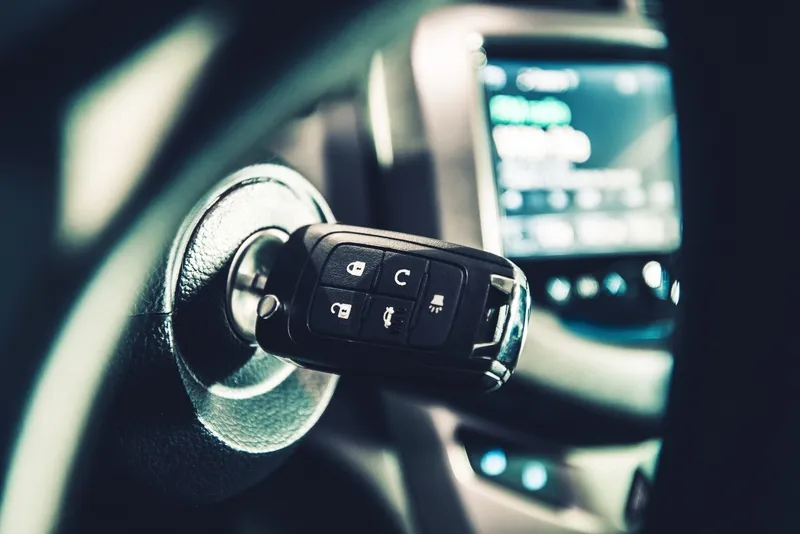The Pennsylvania State Police (PSP) is taking part in a seat belt enforcement programme to boost safety for car drivers and passengers in the state. The Click It or Ticket initiative will run until 3 June.
Pennsylvania law requires drivers and passengers younger than 18 to wear seat belts when inside a vehicle. Older drivers and passengers must wear a seat belt when behind the wheel or in the front passenger seat.
May 21, 2018
Read time: 2 mins
The Pennsylvania State Police (PSP) is taking part in a seat belt enforcement programme to boost safety for car drivers and passengers in the state. The Click It or Ticket initiative will run until 3 June.
Pennsylvania law requires drivers and passengers younger than 18 to wear seat belts when inside a vehicle. Older drivers and passengers must wear a seat belt when behind the wheel or in the front passenger seat.
Additionally, PSP will work with agencies across the eastern half of the US to provide seat belt enforcement at state borders.
During Click It or Ticket, police are offering no-cost car seat fittings and inspections for children at various locations throughout the state. In Pennsylvania, children under the age of the age of two are required to be secured in a rear-facing car seat while those under four years old must be restrained in an approved child safety seat. A booster seat is required for children under eight.








